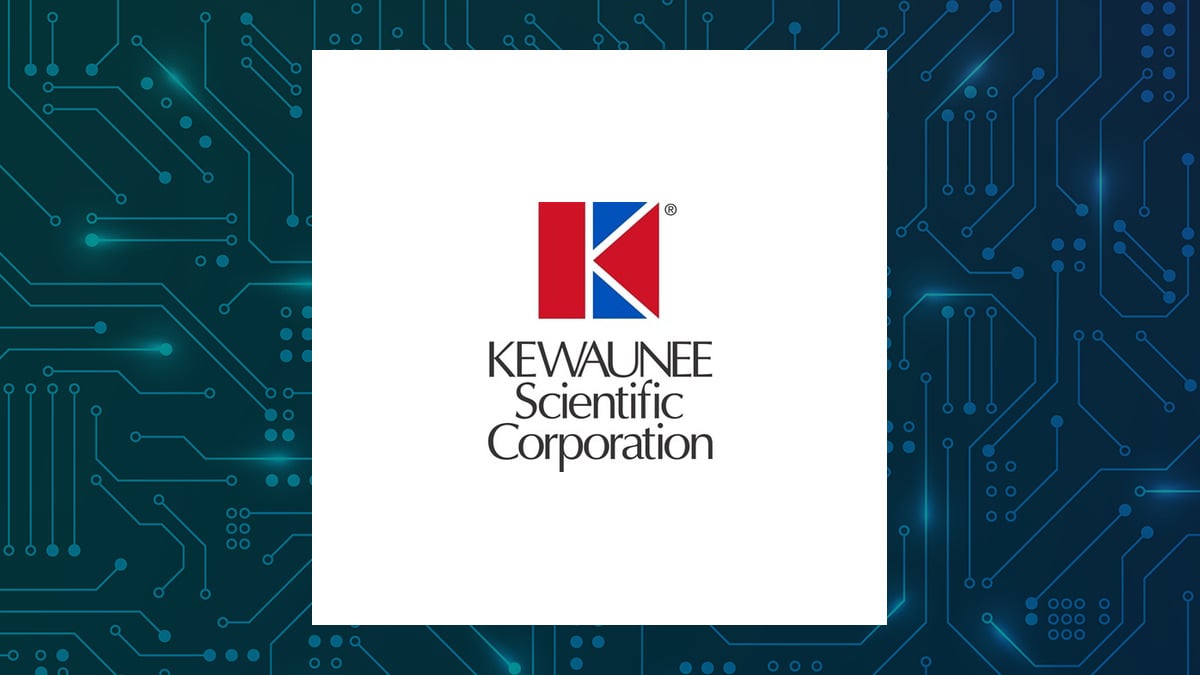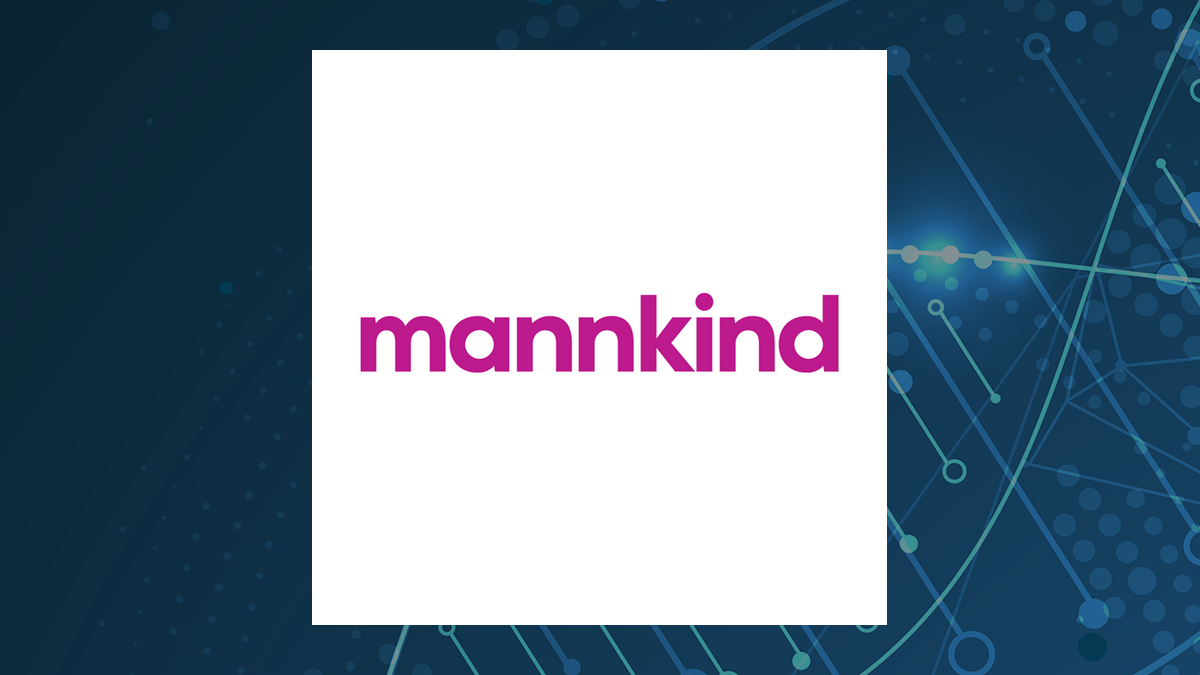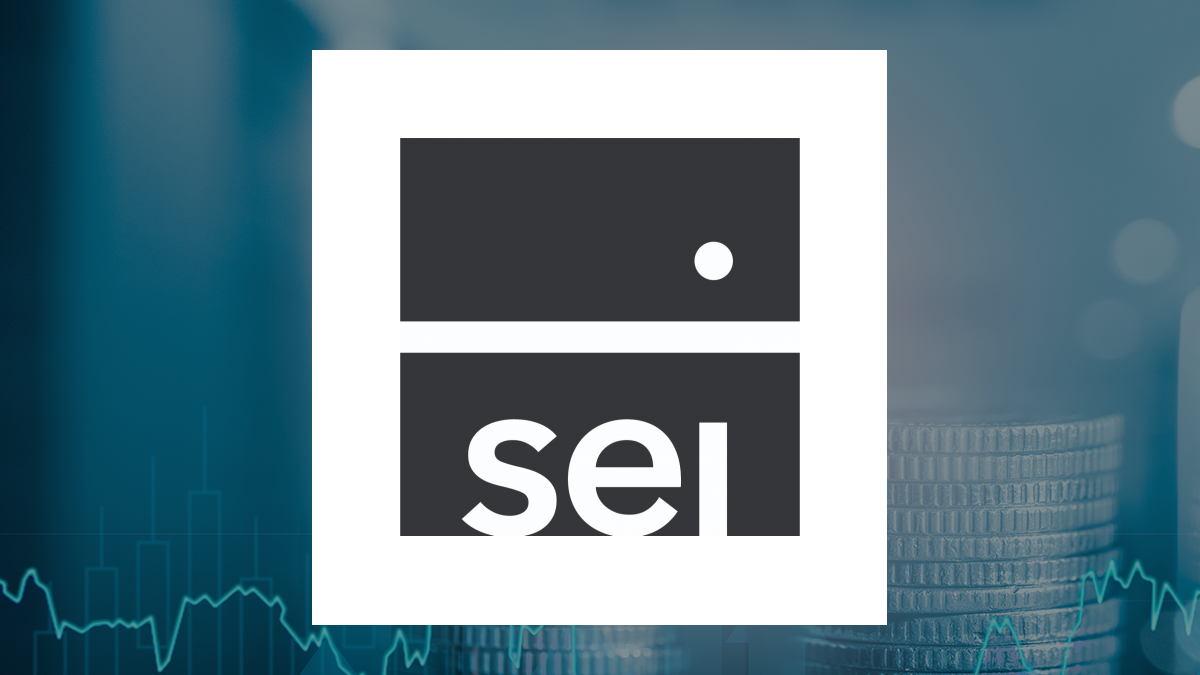SELECT families will soon see a bank account boost of $500 per month under a new program aimed at jumpstarting their finances. The monthly payments, to be administered to qualifying residents of Philadelphia, are part of a guaranteed income pilot program. GettyEligible families in Philadelphia will receive $500 monthly payments with no strings attached[/caption]GettyThe monthly cash payments will be administered as part of a guaranteed income pilot program[/caption]Philadelphia is one of the biggest, poorest cities in the nation, with the highest poverty rate out of the top 10 most populous US cities, per the US Census Bureau.
Homelessness and poverty are rampant in Philadelphia, which ranks last in economic mobility.A new prosperity lab run by the nonprofit Xiente is working to address these issues and offer a jumpstart to struggling families through its new guaranteed income program.The organization is hosting a 14-month-long guaranteed income pilot program under which qualifying low-income families receive $500 cash every month.

In addition to the cash payments, participants will be provided housing and an economic mobility coach. How does Guaranteed Income work?Guaranteed Income and Universal Basic Income programs have taken off in popularity recently.After the Biden administration’s American Rescue Plan of 2021 sent stimulus money to local governments, dozens began testing guaranteed income (GI) systems.
The specifics vary, but GI typically involves payouts to people with low incomes. Unlike traditional welfare, there are no job requirements, drug tests, or other strings attached.Some have pushed for a Universal Basic Income (UBI), which would go to everyone regardless of how much money they make at work.
Alaska has used a similar system since the 1970s.Proponents say this alleviates poverty while incentivizing work, unlike classic welfare, which cuts benefits from people who begin earning “too much” money to qualify. Opponents argue such a system is too expensive to function on a large scale and suggest Americans should avoid becoming reliant on government money.
With some cities heralding the success of GI programs, some Republican-led states have moved to ban them. States like Texas and Iowa, for example, have undermined major spending plans by pushing against GI.One of the key eligibility requirements was that families must have a household income between 30% and 60% of the area median income.
That falls between $34,400 and $68,820 in annual income for a family of four in Philadelphia, per data from the Department of Housing and Urban Development.Participants were also selected based on their family composition and their active participation in Xiente programs. PROGRAM WITH A PURPOSETen families are set to soon receive monthly payments, housing, and the services of an economic mobility coach during the pilot.
Over 100 families in the prosperity lab have been partnered with economic mobility coaches. Xiente aims to reach 500 families in the coming years.“We want to make sure that we are able to have a model that helps people move from poverty to middle class,” said the CEO of the nonprofit, Michelle Carrera Morales, who holds a doctorate in education.
Nonprofits have worked to offer services such as budgeting and financial literacy to financially struggling families for decades.However, it is very tough for them to practice what they have learned when they are not bringing in enough money to save, said Morales.“We need to figure out how to do things differently,” she said.
“For many years, we have [tried to] tackle poverty from a program perspective. At some point as a society, we need to understand the [financial] gap and say we’re OK with trusting people that they will make the right decisions.”Xiente will track the participants’ earnings throughout the program to determine if they gain further career training or change jobs to bring in more income.
Researchers with the University of Pennsylvania Center for Guaranteed Income Research will also follow up with the participating families regarding any positive impacts on their financial stability.For example, they will determine if there has been any credit improvements, savings and reduced debt load, career advancement, reduced stress, or improved quality of life.The program is privately funded by The Vanguard Group Foundation and the Local Initiatives Support Corporation, and Xiente hopes to raise even more capital to grow the guaranteed income model.
The nonprofit’s efforts are not the first of their kind in Philadelphia.The city hosted another guaranteed income pilot program that provided temporary financial assistance to 51 families in August 2023. Plus, a basic income program gave $1,000 to pregnant women in Philly for 18 months in the hopes of reducing infant mortality.
A similar program is being hosted in another poverty-stricken area, handing out “unrestricted” $500 monthly checks for a year..
Business

Families will see $500 monthly payments hit bank accounts soon thanks to new ‘jumpstart’ program – but they must qualify















